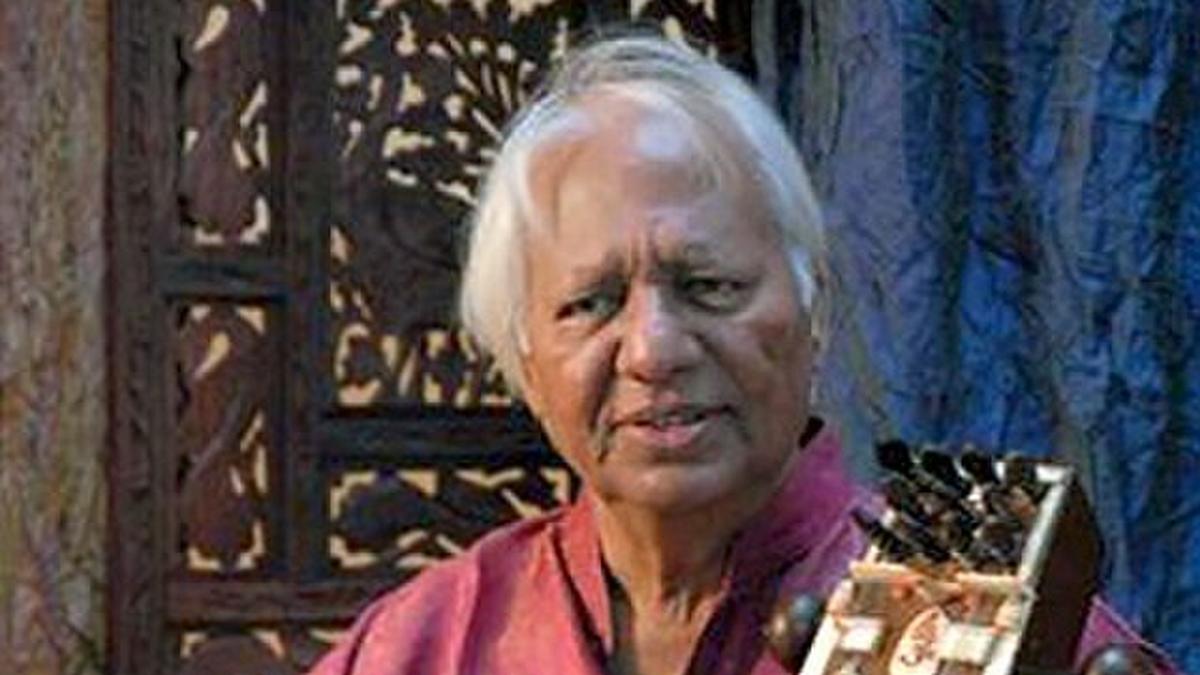
Tributes pour in for Pandit Ram Narayan, the maestro who took sarangi instrument to new heights
The Hindu
Sarangi maestro Pandit Ram Narayan, legendary musician who elevated sarangi in classical music, passes away at 96.
’He played sarangi like no other’, ‘a peaceful and wonderful musician’ or the one who gave up the fame and glory of Hindi film industry for the sheer love of classical music is how eminent personalities from the field of music paid tributes to the Sarangi maestro Pandit Ram Narayan.
Narayan, widely credited for elevating the status of humble sarangi as a concert solo instrument in Hindustani classical music, died at his Mumbai residence late Friday night. He was 96.
“He passed away on November 8 night around 11:15 p.m. peacefully. He was suffering from old age related ailments like blood pressure and diabetes, but there was no prolonged illness as such,” his grandson Harsh told PTI. Narayan’s last rites were performed with full state honours on Saturday, said Harsh, a well-known sarangi player himself who began training under his grandfather at the age of six.
The Padma Vibhushan awardee, who played the bowed instrument in several classic Hindi films including ‘Mughal-e-Azam’, ‘Madhumati’, ‘Pakeeza’, ‘Gunga Jumna’ and ‘Kashmir ki Kali’, worked with All India Radio in Lahore and Delhi in the mid-1940s, before migrating to Mumbai in 1949.
Born in Rajasthan on December 25, 1927, to a family deeply entrenched in classical music, Narayan found immense success in Bollywood before ultimately bidding farewell to the film industry to devote himself fully to classical music.
“He was playing in the film industry and there were music directors like Madan Mohan, and others, who would not record if he was not there. He gave it all up and decided to play sarangi in concerts across India and internationally,” Narayan’s student and well known playback singer Kavita Krishnamurty told PTI over phone from Sri Lanka. Later, he recorded several albums, and made his first international tour in 1964 to the United States and Europe with his elder brother Chatur Lal, a tabla player.
Calling herself fortunate for getting to learn under the tutelage of the legendary musician in the mid 1970s, Krishnamurty said sarangi as we know today in India was all due to the hard work of Narayan. “He was a very committed and serious teacher. I’ve learnt a lot of things about music from him. Even later, I would just go and meet him when he would practise. He is an amazing musician. His voice was so sweet and emotional but he never sang in public. He was a peaceful and wonderful musician.
